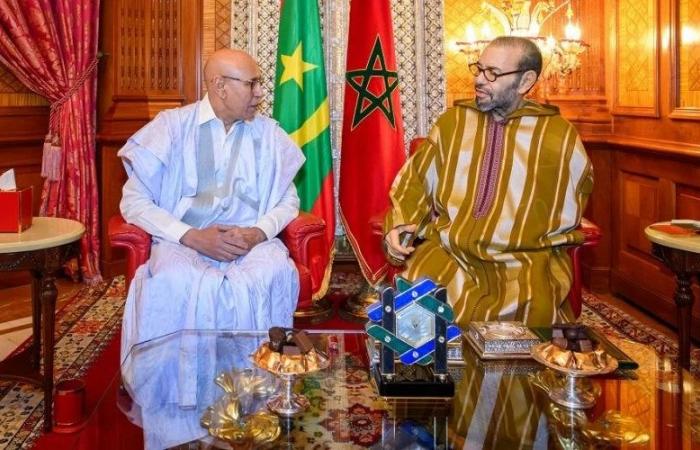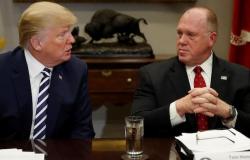It is a revelation that could redefine regional balances. According to the Mauritanian daily Al Anbaa, the President of the United Arab Emirates, Sheikh Mohammed Ben Zayed (MBZ), is preparing to make a historic visit to Mauritania. This trip, presented as a “major turning point” by the newspaper, is not limited to a simple bilateral meeting, but rather seems to be part of a coordinated regional strategy. Several large-scale projects in the infrastructure and energy sectors could be announced, demonstrating the Emirati desire to strengthen its influence in West Africa, while consolidating its role as a strategic ally of Morocco.
The Morocco-Mauritania-Emirates Axis rapprochement comes in a context of palpable tension between Nouakchott and Algiers. Relations between the two countries, once cordial, have deteriorated following several diplomatic incidents. Latest: Algeria’s decision not to replace its ambassador to Mauritania, opting for a simple charge d’affaires. This demotion occurred after a controversial episode where the Algerian ambassador tried, without success, to censor a Mauritanian media deemed too favorable to Morocco.
The climate further darkened with the mysterious death of the Mauritanian president’s bodyguard in February 2024, during an official visit to Tindouf. The unclear circumstances surrounding the death have fueled speculation and heightened tensions between the two states.
Long perceived as a neutral actor in the Sahara issue, Mauritania today seems inclined to reassess its position. The neutrality that it tried to maintain, particularly between Morocco and Algeria, seems increasingly difficult to maintain, especially as the United Arab Emirates play an active role in this strategic repositioning.
A long-time partner of Morocco and Mauritania, the United Arab Emirates is a key player in this tripartite dynamic. Their support for Morocco on the Sahara issue is explicit, illustrated by the opening in 2020 of an Emirati consulate in Laâyoune. This symbolic gesture marked a formal recognition of Moroccan sovereignty over the territory, a position which is directly opposed to that of Algeria.
In Mauritania, the Emirates have been able to forge strong economic and political ties, taking advantage of the country’s economic fragility to invest in strategic projects. According to certain sources, MBZ could use this influence to push Mauritania to adopt a posture more aligned with that of Morocco in the Saharan issue. This rapprochement would only accentuate the isolation of Algeria, already prey to growing diplomatic difficulties.
-A new axis in the face of Algerian hostility
Algeria’s hostility towards the United Arab Emirates is not new. Since the arrival of Abdelmadjid Tebboune to power, Algiers has increased criticism, accusing the Emirates of playing a destabilizing role in various regional conflicts, notably in the Sahel, Libya and Sudan. Algeria also criticizes the Emirates for their normalization of relations with Israel and their strengthened strategic partnership with Morocco, sealed during the visit of King Mohammed VI to Abu Dhabi at the end of 2023.
This partnership was perceived as a direct threat by Algiers, which did not hesitate to mobilize its press to accuse the Emirates of supposed plots against Algerian stability. Among the grievances: alleged financing of disinformation campaigns in the Sahel, participation in bombings in Gaza, and an attempt to influence the gas sector, notably through the possible purchase by the Emirati group Taqa of the Spanish company Naturgy, a strategic client of Sonatrach.
The convergence of interests between Morocco, Mauritania and the Emirates could therefore constitute a coordinated response to Algerian threats. Algiers’ warlike ambitions, associated with its growing isolation on the international scene, seem to precipitate the formation of this new strategic axis. For Nouakchott, this rapprochement represents a significant economic opportunity, but also a guarantee of support in the face of Algerian pressure.
This Mauritanian repositioning, if confirmed, would mark a historic turning point in the management of the Saharan issue. More than a simple diplomatic realignment, it could redefine the regional balance of power, thus confirming the emergence of a Morocco-Mauritania-UAE strategic triangle, to the detriment of an Algeria increasingly isolated diplomatically and economically. .






